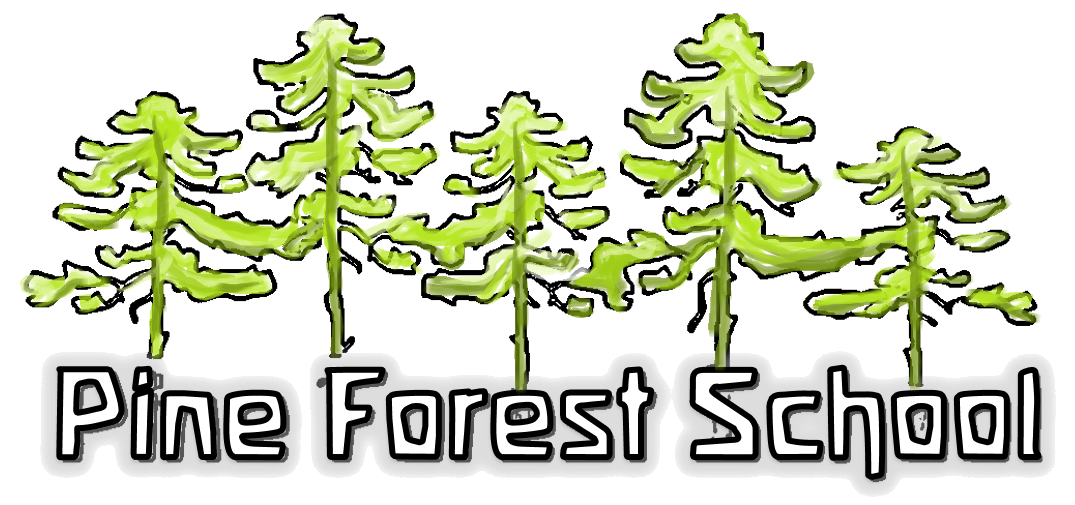Grade Seven
Language Arts
Reading. On a daily basis students will listen to and read aloud ballads, poems, legends and folktales from around the world, as well as reading assigned contemporary novels. Students will learn to appreciate the English language both in terms of artistic form and content and in terms of formal grammar skills. Student will present no less than six book reports.
Writing. Given a block of several weeks, students will focus daily on the emotions of wish, wonder and surprise in literature, learn to express these contrasting moods through choral recitation, dramatization, composition writing and poetry.
Given weekly classes in language skills, students will learn grammar and writing skills using formal letter writing, original compositions, ballads and essays to explore:
- Phrases and clauses as extensions of simple word modifiers
- Pronouns
- Declension
- Active and passive voice
- Parenthetical expressions
- The four elements of poetry
Given continual assignments in writing, corrected spelling words will be written in individual spelling notebooks, and each student will be tested regularly on their own lists. Misspelled words will be written in notebooks.
Mathematics
Computation. Given regular classes in problem solving and weekly problem sheets, students will review and strengthen skills in all phases of basic arithmetic.
Business Math. Given descriptions of business situations, students will learn to work with formula to calculate percentage, interest, discount, commission, salaries, profit and loss, etc. Given descriptions of banking procedures, students will learn and practice calculating mortgages, interest income, business loans (advantages, disadvantages), etc.
Geometry. Given a series of geometrical drawings, using a straight edge and compass students will learn to bisect angles, construct perpendiculars, bisect line segments, construct parallel lines and regular polygons. Given regular polygons, students will learn to calculate areas and perimeters. Given basic platonic solids, students will learn to calculate surfaces and volumes.
Algebra. Given practice in solving simple equations, students will evolve an introductory understanding of algebraic forms and set theory.
Sciences
Physics. Given daily experiments for a block of four weeks, students will learn to observe and record simple physical phenomena. They will describe materials used, procedure and observations of what occurred. They will also draw a diagram and/or schematic of the experiment. The following will be covered:
- Acoustics – vibrations, propagation of sound using various media, qualitative differences of sound, harmonics
- Light – color phenomenon in nature, color perspective, complementary colors, projecting shadows
- Magnetism and electricity – simple motor
- Six basic machines – lever, gear, pulley, inclined plane, wedge and screw
Human Physiology. Given oral descriptions and drawings of the human anatomy, students will learn the basic functions of the human body. They will draw diagrams and will complete written descriptions, with emphasis on nutrition, health, hygiene, and reproduction.
Inorganic Chemistry. In a block of four weeks, students will describe and illustrate the materials, procedures, and observations used to learn about:
- Combustion
- Formation of crystals
- Properties of acids, bases and salts
- Electricity (see sixth-grade).
History
Given historical biographical presentations, students will review material verbally, then construct their own essays and make illustrations concerning the Age of Discovery, the Renaissance and Reformation and Shakespearean England. This could include, but will not be limited to, the biographies of: Marco Polo, Vasco da Gama, Columbus, Magellan, Cortez, Sir Walter Raleigh, Galileo, Tycho Brahe, Kepler, Michelangelo, Leonardo da Vinci, Raphael, Catherine de Medici, Vittoria Colonna, Lorenzo de Medici, William Shakespeare, Martin Luther and Queen Elizabeth. Also presented are biographies of Chinese explorers and reformists.
Geography
Given biographical sketches of the great discoverers, time will be set aside to review the landscape, weather and resources of the world continents. Individual color-coded maps showing topography and land use will be drawn of major Continental land masses.
Given presentations on the geography of parts of the world as a whole, students will present research papers on their own, comparing and contrasting the landscapes, resources and cultural differences of the world continents.


